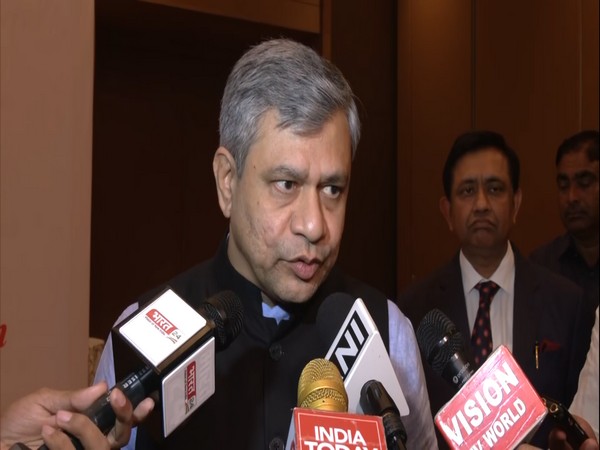While major tech firms had been pushing for self-regulation, it appears that the government has changed its position and now believes that users’ complaints about the content of social media platforms should be handled by a grievance appellate authority.
On Friday, the government published the regulations that it will use to create appeals tribunals to address any complaints consumers may have regarding decisions made by social media sites like Twitter and Facebook to post divisive content.
According to a gazette notice published by MeitY, the three-member Grievance Appellate Committee(s) will be established in three months.
The government has added harmful religious content (designed to inspire violence) to the new criteria that users can report to social media platforms, along with pornography, trademark infringements, misleading information, and anything that would constitute a threat to national sovereignty. Such choices they make regarding flagging may be challenged in grievance committees.
Ashwini Vaishnaw, the IT minister, tweeted shortly after the modifications were made: “Empowering users. For the purpose of considering appeals against the judgments of the Grievance Officer designated by the intermediary, the Grievance Appellate Committee (GAC) has been established.
The minister said in another tweet, “Intermediary’s privacy policy and user agreements will be made available in the Eight Schedule Indian languages.”
The government appears to have adopted the position that users’ objections about content on social media platforms need to be resolved by a grievance appellate authority, contrary to the big internet corporations’ advocacy for self-regulation.
The government announced IT regulations in February 2021 that allowed social media platforms to establish a grievance officer. The grievance officer receives complaints from users at the initial stage about the material or another user.

Through the notification on Friday, the rules have now been changed to improve the grievance redressal process.
The amendments mandate that social media providers respond to user complaints within 15 days of receiving them and acknowledge them within 24 hours.
Social media networks are required by the rules to remove particular controversial content within 72 hours of receiving a report. The choices made by social media companies like Meta and Twitter on content moderation and other issues would be subject to scrutiny by the appellate committees. Within three months after the start of the Information Technology (Intermediary Guidelines and Digital Media Ethics Code) Amendment Rules, 2022, the central government was required to notify the creation of one or more grievance appellate bodies. Each grievance appellate committee will have a chairperson and two full-time members nominated by the central government, two of whom will be independent and one of whom will serve as an ex-officio member.
The grievance appellate panel will handle such an appeal “expeditiously” and try to reach a final decision within thirty days of the appeal’s receipt date. If the grievance appellate committee determines that assistance from someone with the proper credentials, experience, and subject-matter knowledge is necessary for handling the appeal, it may do so.

The entire appeal procedure, from the filing of the appeal to the decision thereof, shall be done through the digital method, according to the statement made by the grievance appellate committee.
In addition, the decision was made at the same time that Twitter was acquired by Tesla Inc. CEO Elon Musk for USD 44 billion, putting the world’s richest man in charge of one of the most important social media platforms.
However, since people highlighted instances of arbitrary behavior on digital platforms, IT regulations have been changing for months. The most recent action will provide users with a tool for grievance appeals in the form of appellate panels that will examine complaints made by people against judgments made by grievance officers on social media platforms.
For social media apps, online news portals, news aggregators, and OTT platforms, the government announced the IT Rules (Intermediary Guidelines and Digital Media Ethics Code), 2021 in February 2021. Even though the IT Rules, 2021 included a system for grievance redress, many user complaints continued to go unaddressed, which prompted the government to step in and propose an appellate jurisdiction framework.
Users would have the option to appeal against the intermediaries’ grievance redressal process before this new appellate body, according to the notice that was included with the draught change at the time.
The government has consistently emphasized that safety and trust are goals of public policy, and it will take all necessary measures to ensure that adequate protections are in place for digital citizens using social media and the internet.
The government has made it very apparent that social media businesses cannot violate people’s fundamental rights and that the internet must be a secure environment where all platforms are held responsible for their users’ safety.
A rising number of users claim that despite being flagged by users, digital platforms have been engaging in arbitrary actions while removing content or insufficiently reacting to complaints.
Read More: Understanding and analyzing Amit Shah’s J&K visit













